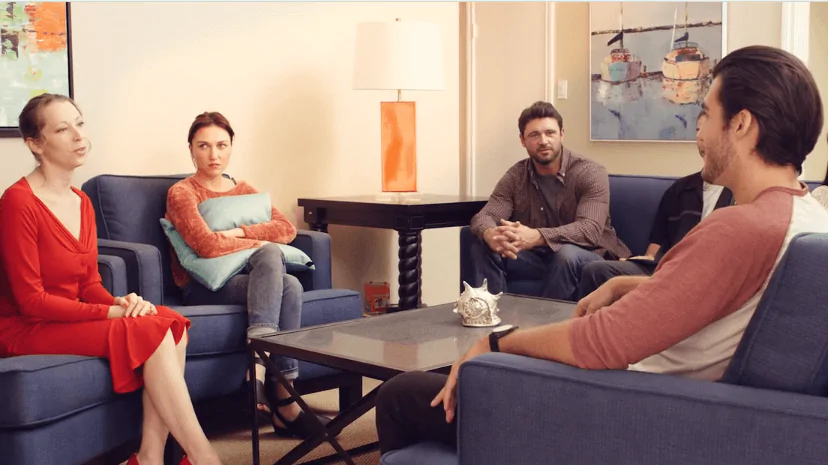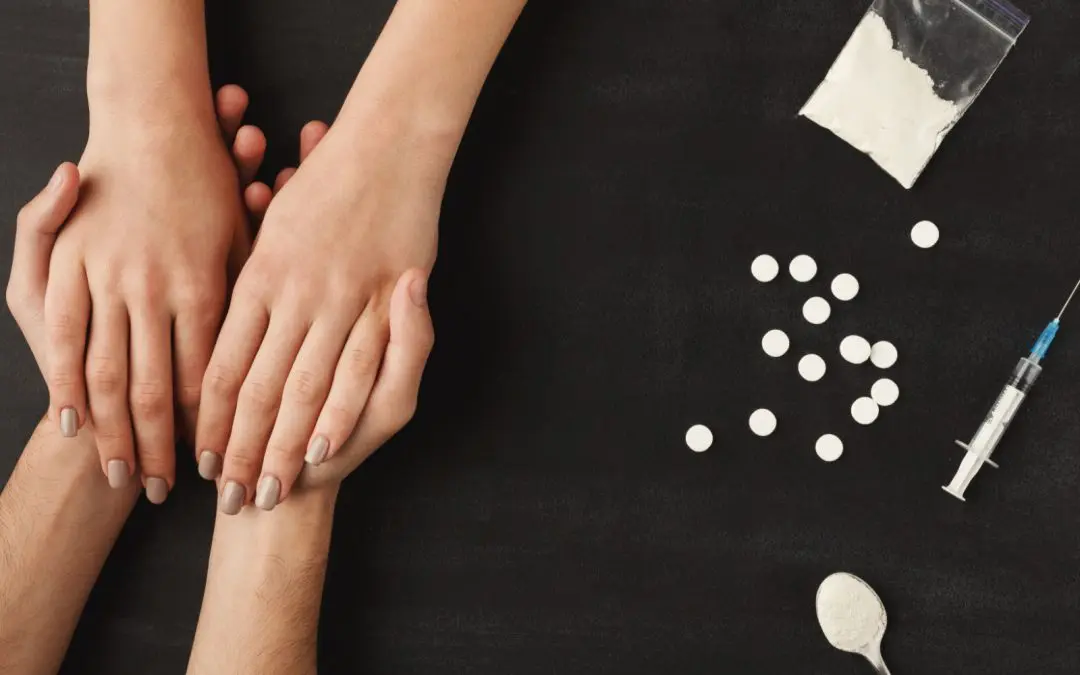24/7 Helpline:
(866) 899-221924/7 Helpline:
(866) 899-2219
Learn more about Prescription drug Rehab centers in Glades County

Other Insurance Options

BlueShield

Health Partners

Ambetter

Oxford

Holman Group

CareFirst

Excellus

Optum

Regence

BlueCross

EmblemHealth

Horizon Healthcare Service

MVP Healthcare

Multiplan

Sutter

WellPoint

Aetna

Kaiser Permanente

Sliding scale payment assistance

Evernorth

Agape Home
Agape Home is a Non-Profit Faith-Based program for women located in Moore Haven, FL. Agape Home brin...



















